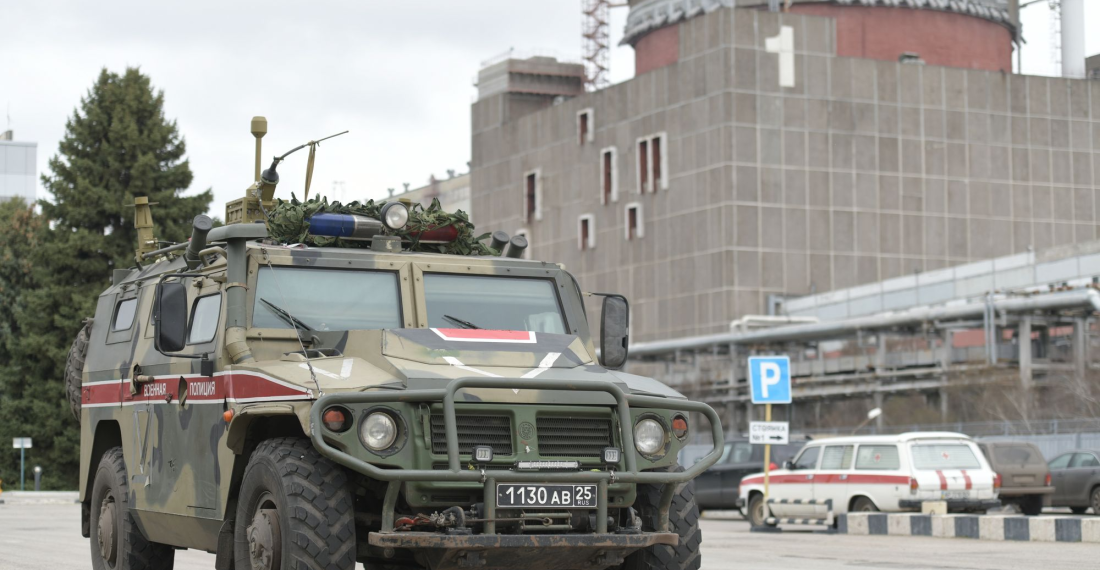Alarm is growing in Ukraine over the fate of the Zaporizhzhia Nuclear Power Plant (NPP), which has been under Russian control since the opening weeks of Russia's full-scale invasion of Ukraine in February last year.
In his nightly address on Tuesday (4 July), Ukrainian President Volodymyr Zelensky warned that Russia is "preparing a provocation" at the Zaporizhzhia NPP. Citing Ukrainian intelligence, President Zelensky said that Russia has placed explosives on the roof of two power units, raising concerns that Russia could deliberately damage the power plant under their control to hinder Ukraine's ongoing counteroffensive.
The General Staff of Ukraine's Armed Forces also reported that Russia is preparing a strike "in the near future", adding that "their detonation should not damage power units but may create a picture of shelling by Ukraine's military".
Zelensky also said that "now the whole world must realise that common security depends entirely on global attention to the occupiers' actions at the station".
Earlier on 20 June, citing intelligence, President Zelensky also warned that Russia was considering attacking the NPP through radiation leakage.
Power plant disconnected from grid, Ukrainian preparation in case of attack
The power plant, Europe's biggest nuclear power plant and located in the occupied city of Enerhodar, has been experiecing major off-site power problems since the start of Russia's full scale invasion. Overnight on 4 July, the powerplant again lost connection to its main power line.
Due to months of Russian attacks on Ukraine's critical energy infrastructure, the plant has been disconnected from the grid several times and has been forced to resort to diesel generators.
Meanwhile, as fears of an attack on the power plant grow, the three regions in the vicinity of the plant - Zaporizhzhia, Dnipropetrovsk, and Kherson - have launched large-scale simulation exercises to prepare.
Last Friday (30 June), the Ukrainian Interior Ministry reported that bearly 8,000 people were involved in the simulation exercises, including local authorities, law enforcement officers, volunteers, doctors, and representatives of all services of state authorities.
"We understand that the enemy-occupied Zaporizhzhia NPP currently represents a huge danger in terms of manpower, especially for the citizens of Dnipropetrovsk, Zaporizhzhia and Kherson regions," said Interior Minister Ihor Klymenko. "But we are working out all possible scenarios, for example, that the radioactive cloud can go further, to any region of our country."
source: commonspace.eu with agencies
photo: AA with Getty Images






